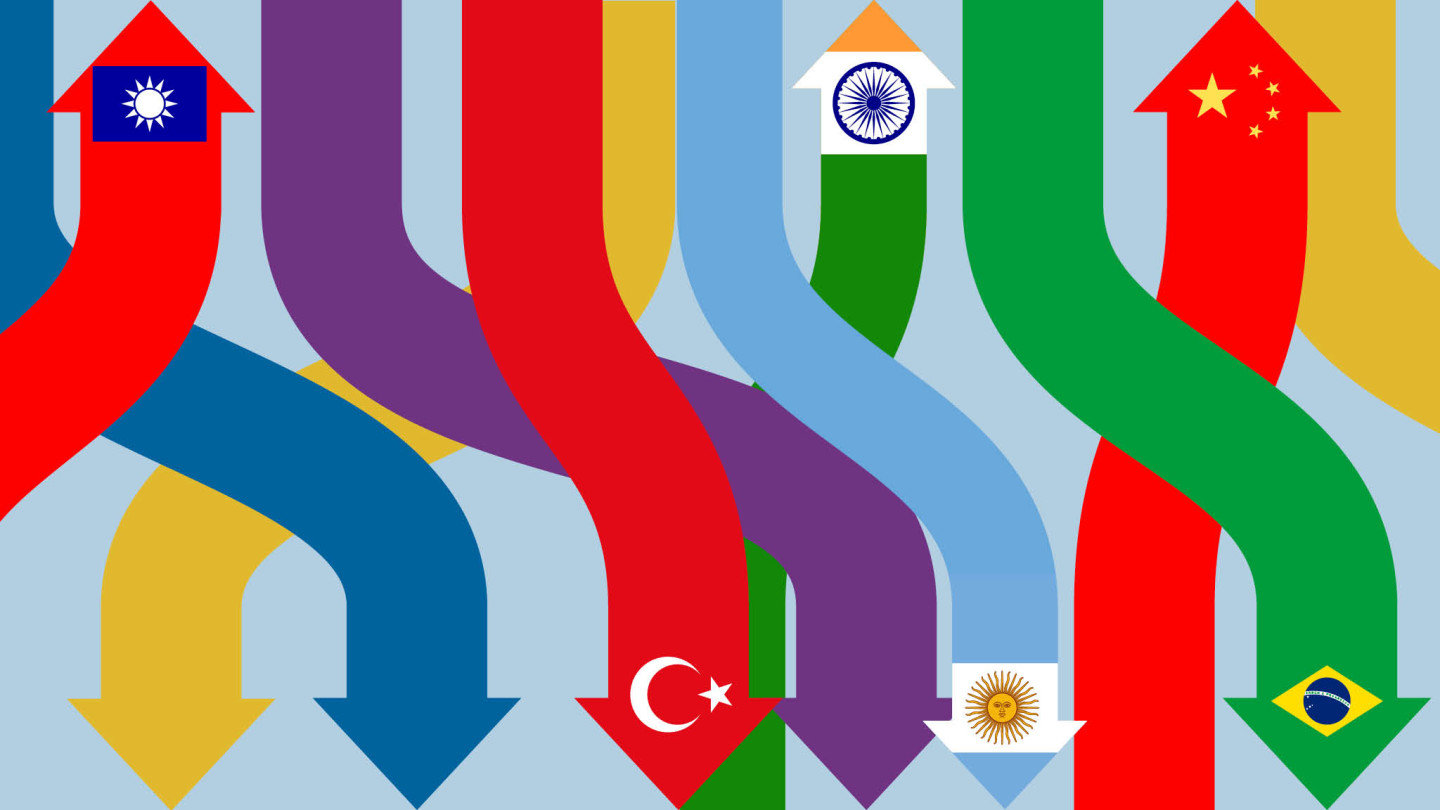

Jul
Whenever there is a lot of money involved, even aspects such as national pride become less important and the issue of whether or not China should be considered an “emerging” or “developing” country is perhaps a textbook example. Think of it as Asian “Realpolitik” or, in other words, China’s way of trying to get the best of both worlds by continuously increasing its global influence through multi-trillion-dollar projects such as the Belt and Road Initiative on the one hand and on the other hand, wanting to retain the benefits associated with being considered an “emerging” or “developing” country.
Right off the bat, the number one issue that needs to be mentioned is that China still considers itself an emerging/developing country and has little intention of implementing changes in this respect anytime soon.
Why?
Simply because when it comes to organizations such as the WTO (with China being a member of the World Trade Organization since 2001), there are benefits involved if you declare yourself a developing country. These benefits include all sorts of measures that grant the nation in question access to greater trading opportunities, more time constraint-related leniency when it comes to timeframes for implementing the various measures it agreed to and so on.
The WTO obviously does this so as to give developing countries a fair chance at catching up. Strangely enough, however, it does not define the term “developing country” but rather allows each country to determine whether or not it is to be included in this category. Needless to say, many voices among developed nations such as the United States are less than satisfied with the fact that China is still taking advantage of these benefits, right alongside countries such as Papua New Guinea.
The same way, nations that have grown quite a bit economically such as South Africa and India are also encouraged to stop considering themselves developed countries and measures are being proposed to this effect, for example a US-recommended framework to stop defining a country as “developing” if it accounts for over 0.5% of the worldwide trading volume. It should come as no surprise that the nations which would be affected, China included, have rejected such proposals.
These countries argue that while from a nominal GDP perspective, there has been tremendous growth, the average citizen is still incomparably poorer. In China’s case, for example, it is worth noting that with a GDP Per Capita that is almost six times lower than the US one, a compelling case can indeed be made that there are still bridges to cross until the economy can be considered a developed one.
To put it differently, what countries such as China, India or South Africa are pointing out is that their high GDP is more of a function of their large populations at this point than a sign that the proverbial economic training wheels need to be taken off. As such, they would like the GDP Per Capita to get a lot closer to parity until admitting that the time for receiving preferential treatment is over.
At the end of the day, this inevitably becomes a political battle.
With Western nations on the one hand complaining that large economies are unfairly taking advantage of the “developing country” status and large countries with high nominal Global Domestic Products but low GDP Per Capita metrics on the other which say they are not yet ready, it becomes yet another geopolitical talking point.
At this stage, in the absence of universally-accepted definitions and a proper framework, there is not much that can be done at the WTO level. Political negotiations will most likely continue, with debates frequently ending up becoming quite heated and potentially leading to trade-related tensions. But as a conclusion, again, the status quo as far as the WTO is concerned cannot change until the countries in question decide it’s time for that to happen and future developments will most likely prove to be quite interesting to observe.
